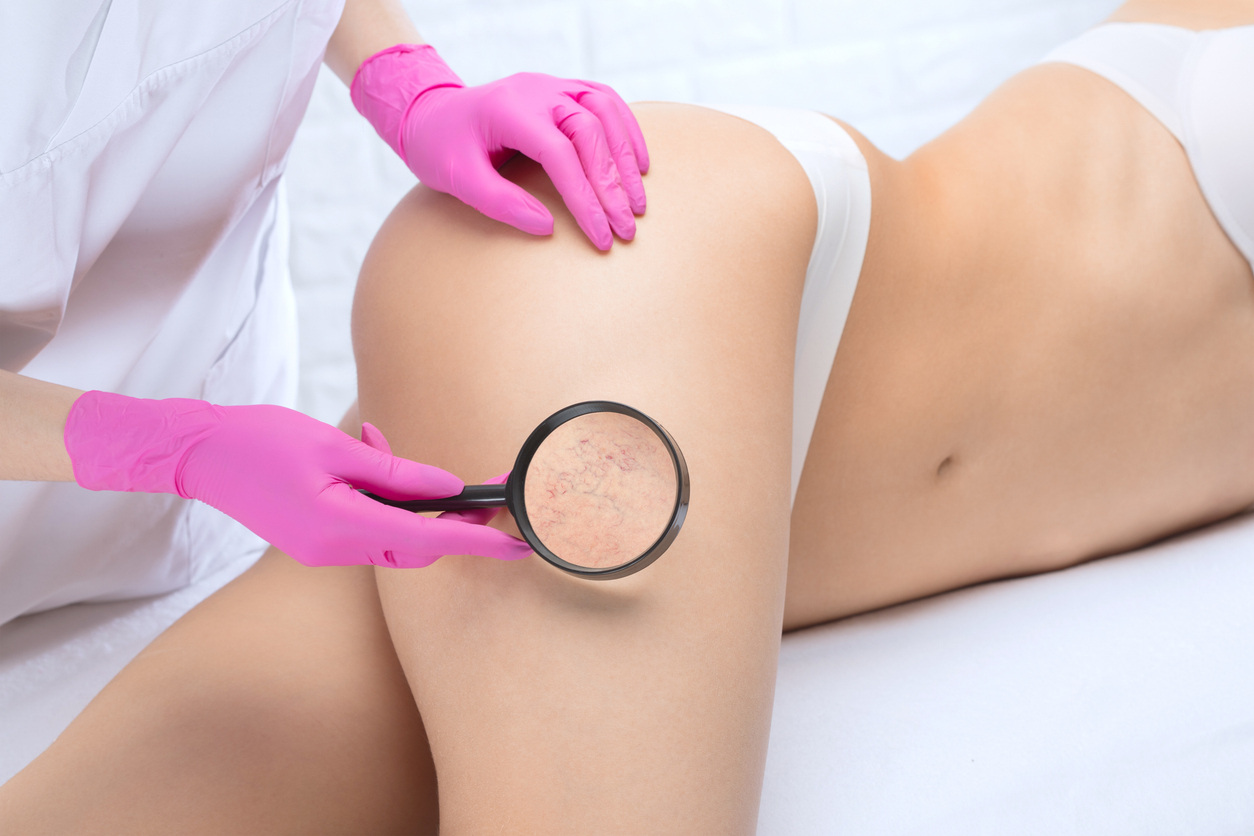
At the Vein Institute of New Jersey, one of the most common questions we receive from patients is whether varicose veins will return after treatment. Understanding the nature of varicose veins, the effectiveness of treatment options, and what to expect in the long term can help alleviate concerns and set realistic expectations for patients.
Understanding Varicose Veins
Veins are blood vessels that return deoxygenated blood from the body back to the heart. They contain one-way valves that prevent blood from flowing backward. When these valves fail or become weakened, blood can pool in the veins, causing them to enlarge and become varicose veins. Varicose veins are most commonly found in the legs due to the increased pressure from standing and walking. They can, however, occur in other places such as the hands, breast or face.
Treatment Options for Varicose Veins
- Endovenous Laser Therapy (EVLT) EVLT involves using laser energy to heat and seal the affected vein. This minimally invasive procedure is performed under local anesthesia and is highly effective in eliminating the targeted varicose vein.
- Radiofrequency Ablation (RFA) RFA uses radiofrequency energy to heat and close off the varicose vein. Similar to EVLT, this procedure is minimally invasive and performed under local anesthesia, with a high success rate in treating varicose veins.
- Sclerotherapy Sclerotherapy involves injecting a solution directly into the varicose vein, causing it to collapse and eventually be absorbed by the body. This method is often used for smaller veins and spider veins.
- Ambulatory Phlebectomy Ambulatory phlebectomy is a surgical procedure where small incisions are made to remove varicose veins. This procedure is typically reserved for larger varicose veins that cannot be effectively treated with less invasive methods.
- Varithena Varithena is a minimally invasive treatment specifically designed for varicose veins. It involves the injection of a microfoam that fills and collapses the affected vein, redirecting blood flow to healthier veins.
Will Varicose Veins Return After Treatment?
When a varicose vein is treated using ablation techniques such as EVLT or RFA, the vein is closed off and will usually not return. The treated vein is eventually absorbed by the body, and blood is rerouted through healthier veins. However, there are occasions when the treated vein may “recanalize” or re-open. As for the smaller “spider veins” (or telangiectasias) that are treated with injections, those veins very rarely return. However, as the underlying “cause” of varicose veins is typically a genetic predisposition, new veins can (and often do) form in the same areas that have been treated in the past.
According to The Journal of Vascular Surgery, new varicose veins can develop in approximately 66% of patients within five years after treatment. This recurrence is not due to the failure of the initial treatment but rather the development of new varicose veins in different areas. Factors such as genetics, lifestyle, and overall vein health play significant roles in the likelihood of developing new varicose veins.
Common Misconceptions
One common misconception is that multiple ablation procedures (4-6) are necessary to effectively treat varicose veins. At the Vein Institute of New Jersey, our experienced vascular doctors know that a properly performed ablation procedure effectively closes off the targeted vein, eliminating the need for multiple treatments on the same vein. Our goal is to provide accurate information and effective treatment plans tailored to each patient's needs.
Maintaining Vein Health Post-Treatment
To minimize the risk of new varicose veins forming after treatment, patients are encouraged to adopt healthy lifestyle habits, such as:
- Regular Exercise: Physical activity improves circulation and vein health.
- Healthy Diet: Maintaining a healthy weight reduces pressure on your veins.
- Compression Stockings: Wearing compression stockings can help support vein function and prevent blood from pooling. It is most effective in relieving swelling in the legs.
- Elevating Legs: Elevating your legs when resting can help improve blood flow and reduce pressure on your veins.
While treated varicose veins do not return, new varicose veins can form over time. At the Vein Institute of New Jersey, our team of specialists is committed to providing effective treatments and personalized care to help you maintain healthy veins and prevent future issues. If you have concerns about varicose veins or are seeking a second opinion, schedule a consultation with us to discuss your options.
For more information on varicose vein treatments and vein health, visit our website or contact the Vein Institute of New Jersey.




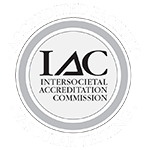
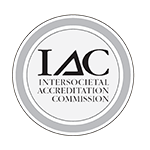
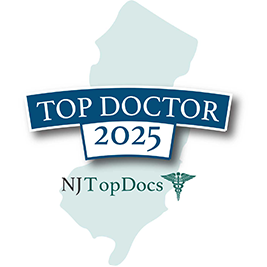
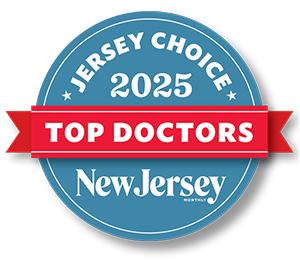
_2.jpg)